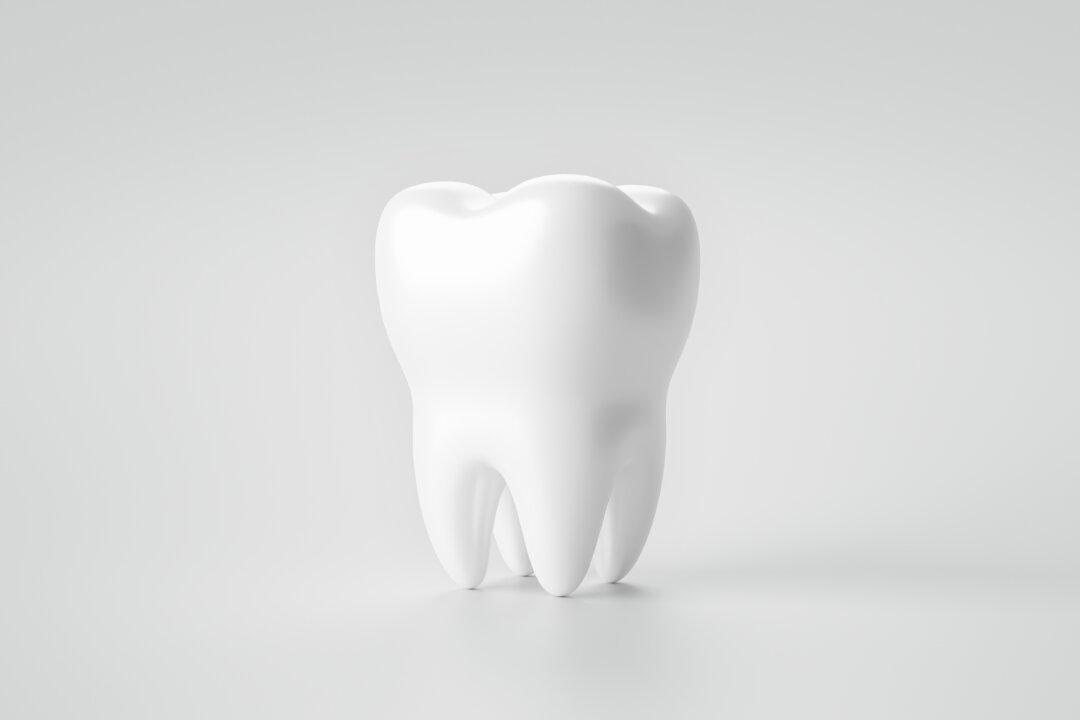Researchers have found strong evidence that cataract surgery could be associated with a lower risk of developing dementia. It has previously been noted that older adults with hearing loss have an increased risk of dementia, and this new research shows how it may be the same for those with vision problems caused by cataracts.
The Washington School of Medicine study took 3,038 participants who had been diagnosed with cataracts or glaucoma but did not have dementia. They also had not received cataract surgery at the time of enrollment.





